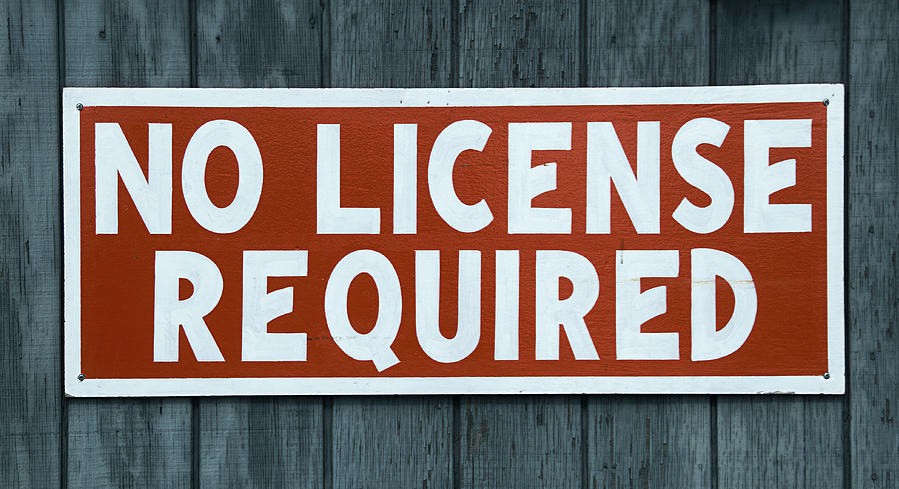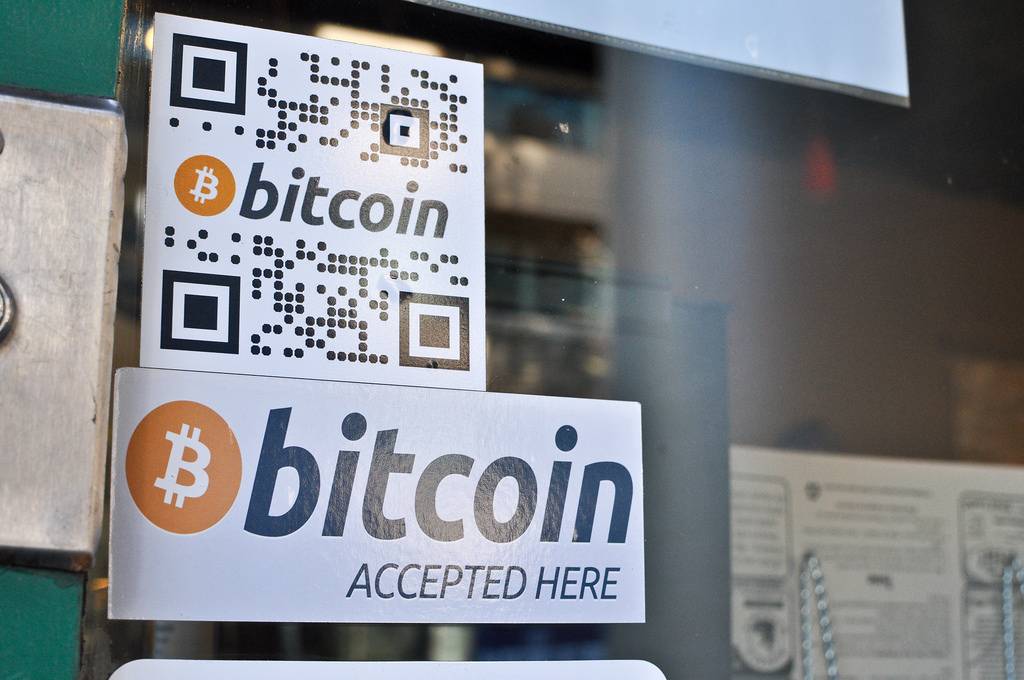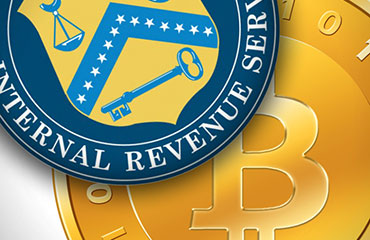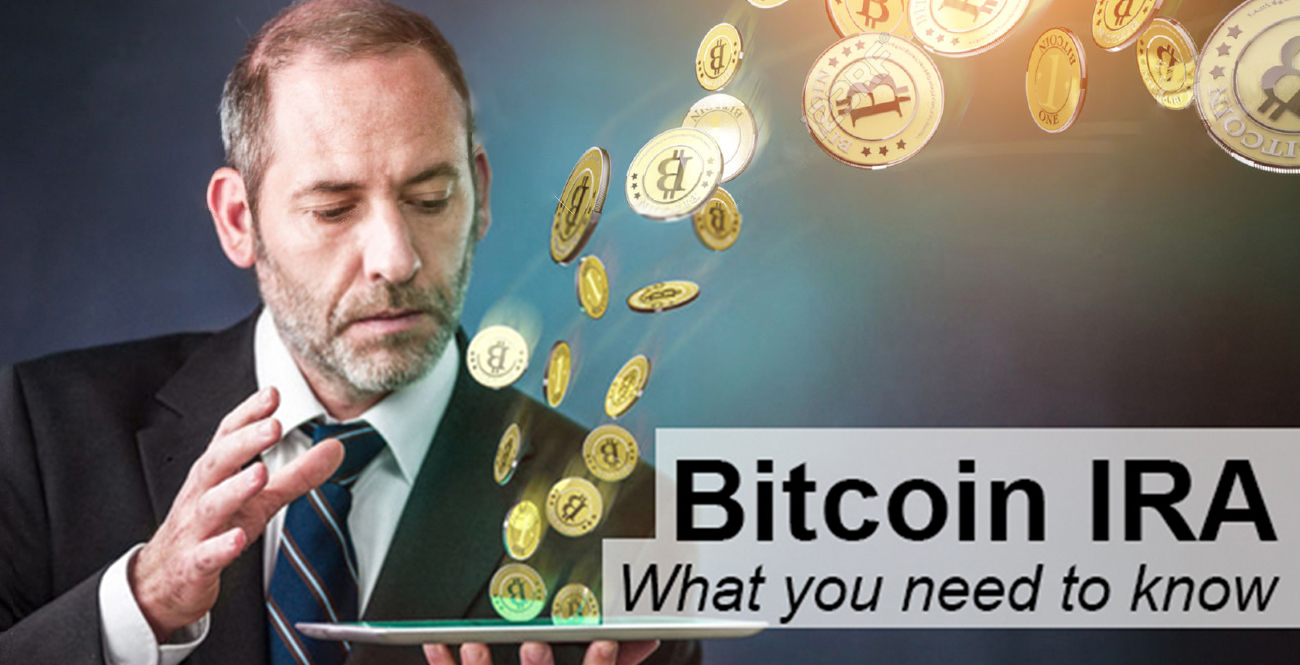Selling Bitcoin for Cash in Canada
In this post, I will look at selling Bitcoin for cash in Canada. The bottom line is that it’s legal to sell Bitcoin for cash in Canada so long as you watch out for cash buyers with illegal businesses looking to launder their drug proceeds (for example). We don’t want to get involved with any buyer that could be a target of law enforcement.
Introduction:
There is no law in Canada that specifically prohibits the sale of Bitcoin for cash. However, there are some laws that could apply to this activity. For example, the Proceeds of Crime (Money Laundering) and Terrorist Financing Act (PCMLTFA) require businesses that deal in cash to report suspicious transactions to the Financial Transactions and Reports Analysis Centre of Canada (FINTRAC). This means that if you sell a large amount of Bitcoin for cash, you may be required to report the transaction to FINTRAC.
Cash Transactions Over the Limit
In addition to the PCMLTFA, there are also some provincial and territorial laws that restrict cash transactions. For example, in Ontario, cash transactions over $10,000 are required to be reported to the Ministry of Finance. In British Columbia, cash transactions over $5,000 are required to be reported to the Financial Institutions Commission of British Columbia.
What to Do If You Are Selling Bitcoin for Cash
If you are selling Bitcoin for cash, it is important to be aware of the laws that apply to this activity. You should also be prepared to report any suspicious transactions to FINTRAC. If you are unsure about the laws that apply to your situation, you should consult with an attorney.
Here are some tips for staying compliant with the law when selling Bitcoin for cash:
- Keep good records of all cash transactions. This includes the date, time, amount, and identity of the person who sold you the Bitcoin.
- Report any suspicious transactions to FINTRAC. This includes transactions that are large, unusual, or appear to be related to criminal activity.
- Be aware of the provincial and territorial laws that restrict cash transactions.
- Consult with an attorney if you have any questions about the laws that apply to your situation.
By following these tips, you can help to ensure that you are staying compliant with the law when selling Bitcoin for cash.
Review:
As the world becomes more digitally inclined, Bitcoin and other cryptocurrencies have grown in popularity and usage. This shift has resulted in governments worldwide, including Canada, taking steps to regulate this emerging financial landscape. In this article, we will explore the legal nuances around selling Bitcoin for cash and the implications of cash transactions that exceed established limits in Canada.
Regulations Around Selling Bitcoin for Cash
Selling Bitcoin for cash is legal in Canada. However, certain regulations govern this process to ensure transparency, prevent fraud, and curb money laundering. Bitcoin is generally considered a commodity by the Canadian government and is thus subject to the barter transaction rules under the Income Tax Act.
Those involved in Bitcoin transactions are also subject to regulations stipulated by the Financial Transactions and Reports Analysis Centre of Canada (FINTRAC). As part of the Proceeds of Crime (Money Laundering) and Terrorist Financing Act (PCMLTFA), businesses dealing with cryptocurrencies, including Bitcoin, must register with FINTRAC. This registration requires the implementation of certain protocols, such as verifying the identities of those involved in transactions, maintaining detailed transaction records, and reporting any suspicious transactions to the authorities.
Cash Transaction Limits
Cash transaction limits are another crucial factor in the legal landscape surrounding Bitcoin sales for cash. In Canada, any business that receives $10,000 or more in cash in a single transaction, or two or more transactions that total $10,000 or more within a 24-hour period, is legally obligated to report such transactions to FINTRAC. This rule applies to both Bitcoin-cash exchanges and traditional cash transactions.
These businesses must also keep detailed records of cash transactions exceeding this threshold. The information usually includes the identities of those involved, details of the transaction, and any suspicious activities. Non-compliance with these requirements can lead to severe penalties, including hefty fines and criminal charges.
Implications and Considerations
While the regulatory framework in Canada allows for Bitcoin transactions and sales, it is crucial to understand that this landscape can be complex. The government has clear guidelines to prevent illicit activities such as money laundering and fraud. For individuals or businesses involved in selling Bitcoin for cash, it is advisable to keep abreast of the latest developments in the law and maintain transparency in all dealings.
Additionally, as Bitcoin transactions fall under the umbrella of barter transactions, they are subject to taxation. Thus, all Bitcoin transactions should be duly reported in income tax filings.
It’s important to note that legal regulations and guidelines may have changed beyond this information, last updated in September 2021. Therefore, it’s recommended to seek professional financial or legal advice for the most accurate and current information.
In conclusion, the sale of Bitcoin for cash in Canada is generally permissible, provided that all transactions adhere to the country’s legal and financial regulations. Complying with these rules helps maintain a transparent and robust financial system that can leverage the potential of cryptocurrencies like Bitcoin while mitigating associated risks.




















